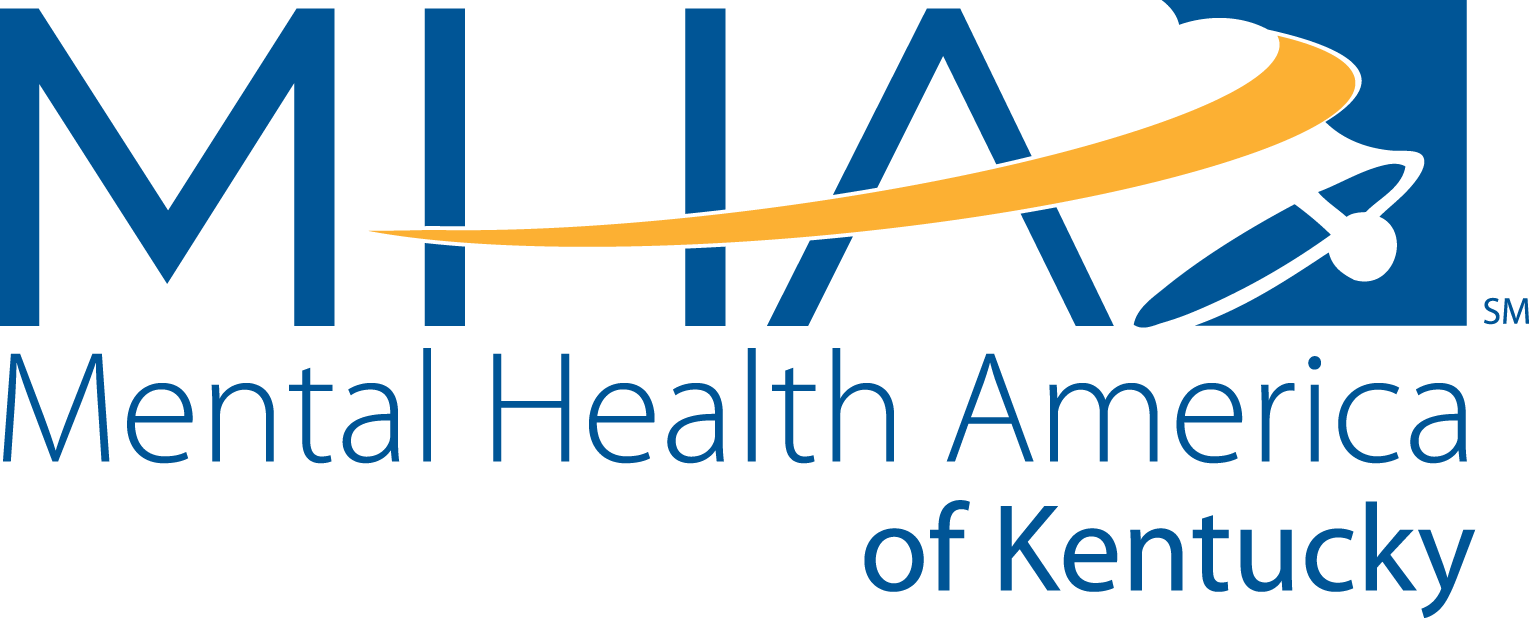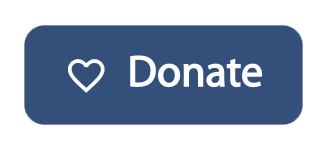Formally recognized in June 2008 (and currently designated as), Bebe Moore Campbell National Minority Mental Health Awareness Month was created to bring awareness to the unique struggles that underrepresented groups face in regard to mental illness in the US. Bebe Moore Campbell was an American author, journalist, teacher, and mental health advocate who worked tirelessly to shed light on the mental health needs of the Black community and other underrepresented communities.
To continue the visionary work of Bebe Moore Campbell, each year Mental Health America (MHA) develops resources dedicated to addressing and supporting the mental health needs of Black, Indigenous, and People of Color (BIPOC).


